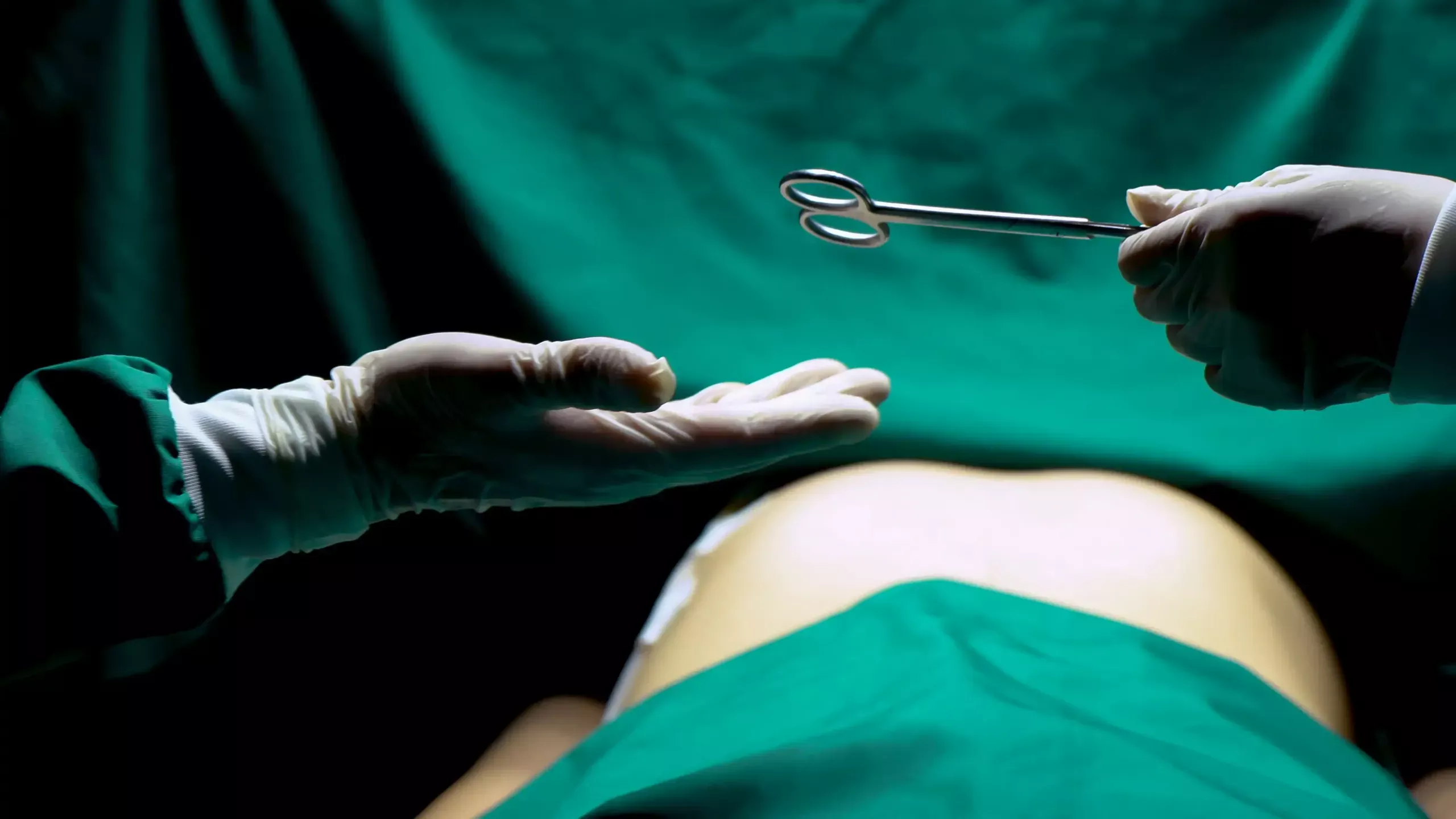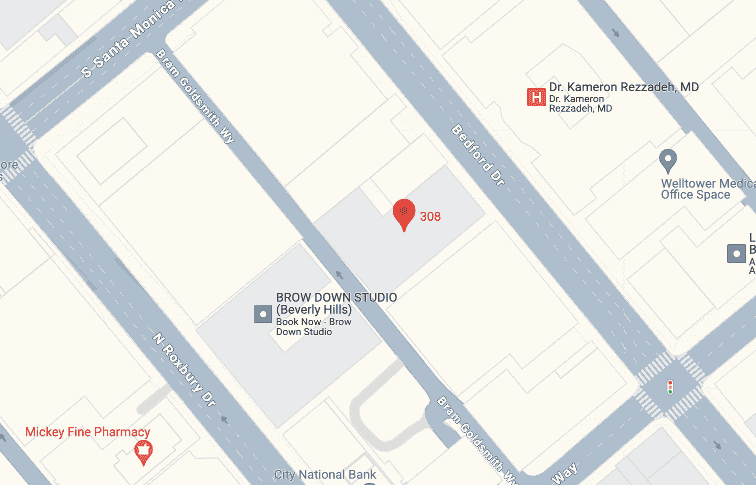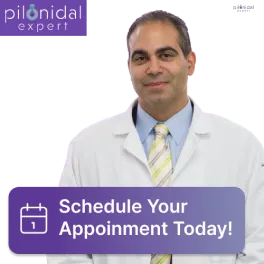Have you ever wondered, what doctor treats pilonidal cyst?
Pilonidal cysts, uncomfortable lumps that develop close to the tailbone, can cause a lot of pain and concern. Although general care doctors may handle many instances, complex or recurring cysts frequently need expert care. In this piece, we will examine pilonidal cyst specialists’ knowledge and comprehend their critical role in the detection, management, and prevention of these bothersome cysts.
What Type of Surgeon Removes Pilonidal Cyst?
Doctors that specialize in detecting and treating diseases of the colon, rectum, and anus are called colorectal surgeons. They are especially qualified to treat challenging cases of pilonidal cysts due to their significant training and experience in this particular field of medicine. The involvement of colorectal surgeons in the treatment of pilonidal cysts is described in more detail below:
1. Comprehensive Knowledge and Expertise:
Colorectal surgeons possess in-depth knowledge of the pelvic region, including the intricate network of muscles, tissues, and nerves around the anus and tailbone. With this knowledge, they can precisely identify pilonidal cysts, evaluate the severity of the problem, and create thorough treatment strategies that are suited to each patient’s individual requirements.
2. Specialized Surgical Skills:
Colorectal surgeons use cutting-edge methods to successfully remove pilonidal cysts when surgical intervention is required. They can carry out complex surgeries thanks to their specialist training, which guarantees the total excision of the cyst and any related sinus tracts. Colorectal surgeons greatly reduce the possibility of recurrence by removing all afflicted tissues, giving patients a better chance of long-term relief.
3. Recurrence Prevention:
Colorectal surgeons not only remove the cyst that is present, but also work to stop recurrence. In order to address the underlying cause of the issue, they methodically remove all signs of the cyst and associated sinus tracts. By taking a thorough approach, the likelihood of the cyst returning is reduced, giving patients a more long-lasting cure.
4. Management of Complications:
Pilonidal cysts can sometimes lead to complications, such as abscess formation or cellulitis. The ability to successfully manage these problems is a strength of colorectal surgeons. Their knowledge enables them to handle complex cases and related problems, ensuring that patients get the right care when they need it.
5. Patient-Centered Care:
Colorectal surgeons focus on the unique needs and concerns of each patient when providing care. They spend the necessary time answering any queries or concerns the patient might have while also going over the diagnosis and available treatments. The setting is helpful and comforting for individuals receiving treatment for pilonidal cysts thanks to this individualized approach.
Surgery to Remove Pilonidal Cyst
Cysts that are infected, causing excruciating pain, or recurring despite various therapies are frequently advised to undergo surgery. An extensive summary of the common surgical techniques for removing pilonidal cysts may be found below.
1. Incision and drainage (I&D):
I&D is a typical treatment for pilonidal cysts that are infected. The surgeon uses local anesthetic to numb the region before making an incision to remove the cyst’s pus and liquid. The wound is then packed with gauze. I&D does relieve pain and infection right away, but it could not stop the cyst from coming back. More involved surgical treatments could be taken into account when the cyst returns or develops into a chronic condition.
2. Excisional Surgery:
In excisional surgery, the pilonidal cyst, afflicted tissues, and the sinus passages are all completely removed. By removing the problem’s root, this technique tries to stop recurrence. General surgeons or specialists in pilonidal cyst surgery frequently do excisional surgery. Surgery can range from a very straightforward excision to more involved operations, particularly when there are big or numerous cysts.
3. Laser Hair Removal:
After cyst removal surgery, laser hair removal may occasionally be advised, particularly when pilonidal cysts reappear as a result of ingrown hairs. The probability of a cyst recurrence is decreased with laser hair removal since it specifically targets the hair follicles in the afflicted area.
4. Closed Wound Healing Techniques:
Pilonidal cyst surgeries can be performed using various wound closure techniques. Methods for closed wound healing that require sewing the site following cyst removal include primary closure and flap closure. These methods frequently produce fewer scars and encourage quicker healing. The size and location of the cyst, as well as the surgeon’s preference and level of experience, all influence the closure method selection.
5. Open Wound Healing Techniques:
Open wound healing techniques involve leaving the wound open to heal naturally from the inside out. When the infection is severe or there are larger cysts, this procedure is frequently employed. Up until the wound is fully healed, frequent dressing adjustments and wound care are required. Although this approach often leads to a longer healing time and a bigger scar, it can lower the likelihood of recurrence.
Recovery and Post-Surgical Care:
Following pilonidal cyst removal surgery, proper wound care is essential to prevent infections and promote optimal healing. Regular dressing changes, keeping the surgery area clean and dry, and steering clear of activities that exert pressure on the healing incision, including prolonged sitting, are common pieces of advice given to patients. Antibiotics and painkillers are frequently recommended to aid a speedy recovery.
When to Consult a Pilonidal Cyst Specialist:
Recurrent Cysts:
If you are experiencing recurrent pilonidal cysts, it’s advisable to consult a specialist. Recurrence frequently means that the cyst has not been entirely removed, and a pilonidal cyst expert can provide specific recommendations to stop the issue from recurring.
Complex cases:
Complicated cases call for expert care if an abscess forms or there is cellulitis around the cyst. Pilonidal cyst experts can efficiently handle these side effects, avoiding the illness from getting worse and assuring a speedy recovery.
Chronic Pain and Discomfort:
Pilonidal cysts can have a substantial negative influence on your quality of life due to chronic pain or discomfort. Pilonidal cyst experts can evaluate your symptoms, suggest suitable therapies, and offer long-term solutions to properly relieve your pain and discomfort.
Discover Relief with Pilonidal Experts, Today!
Are you still wondering what doctor treats pilonidal cyst and struggling with the discomfort and frustration of pilonidal cysts? Look no further than Pilonidal Experts, where your journey towards lasting relief begins. Our specialized team of dedicated healthcare professionals, led by experienced colorectal surgeons and pilonidal cyst specialists, is committed to providing the highest level of care.
Don’t wait! Call our team today and rediscover the joy of a pain-free, healthy life!








